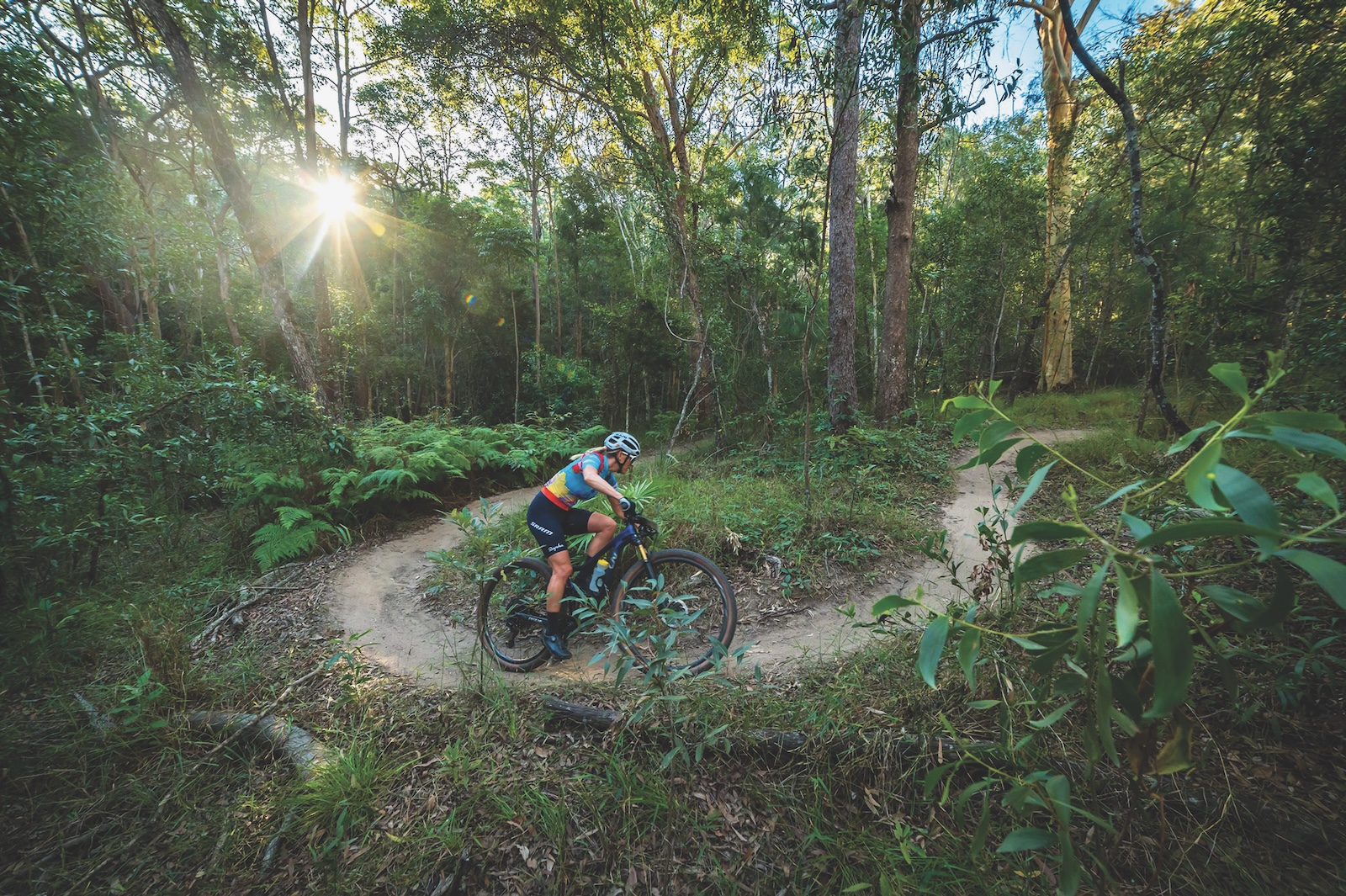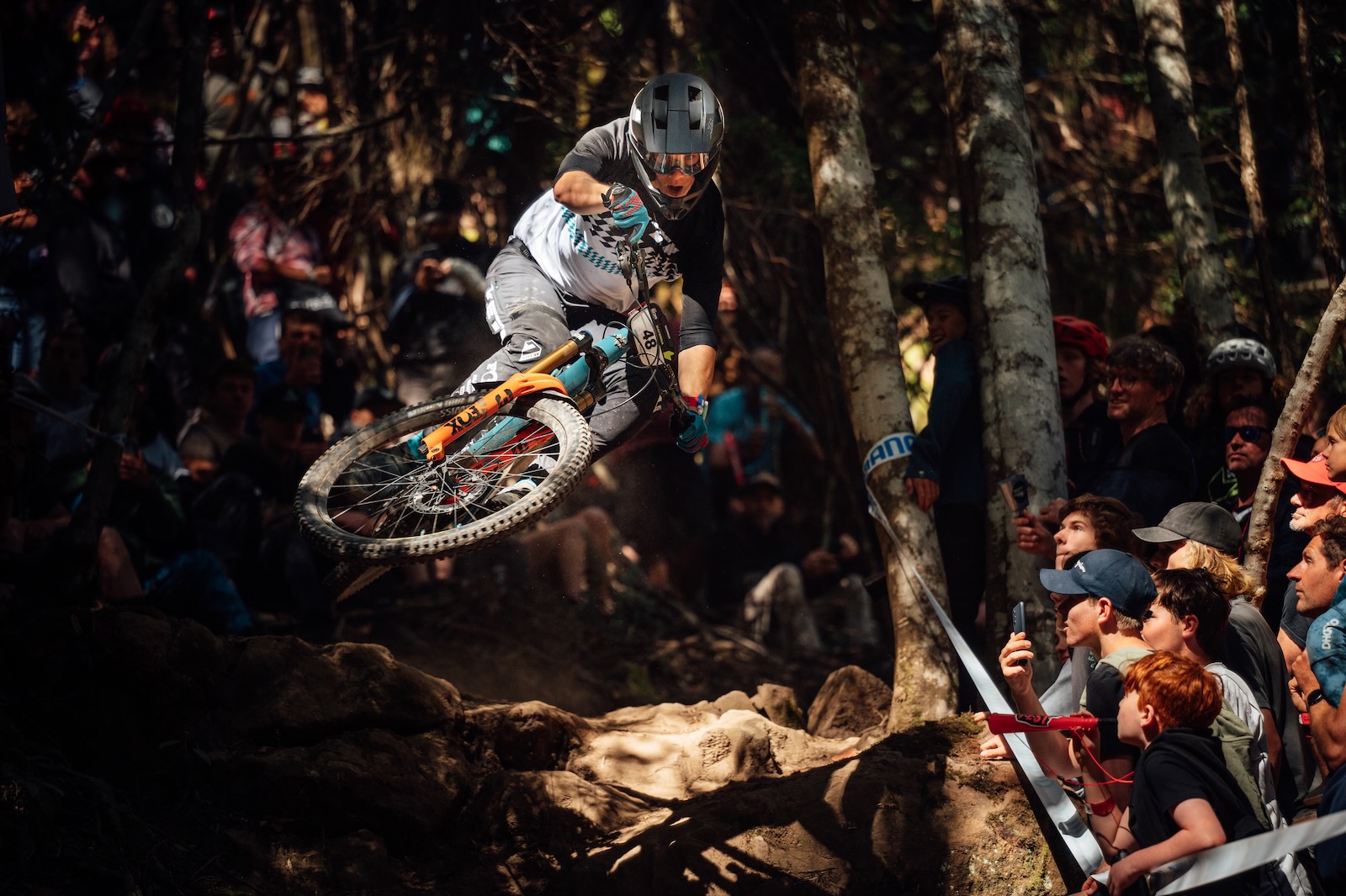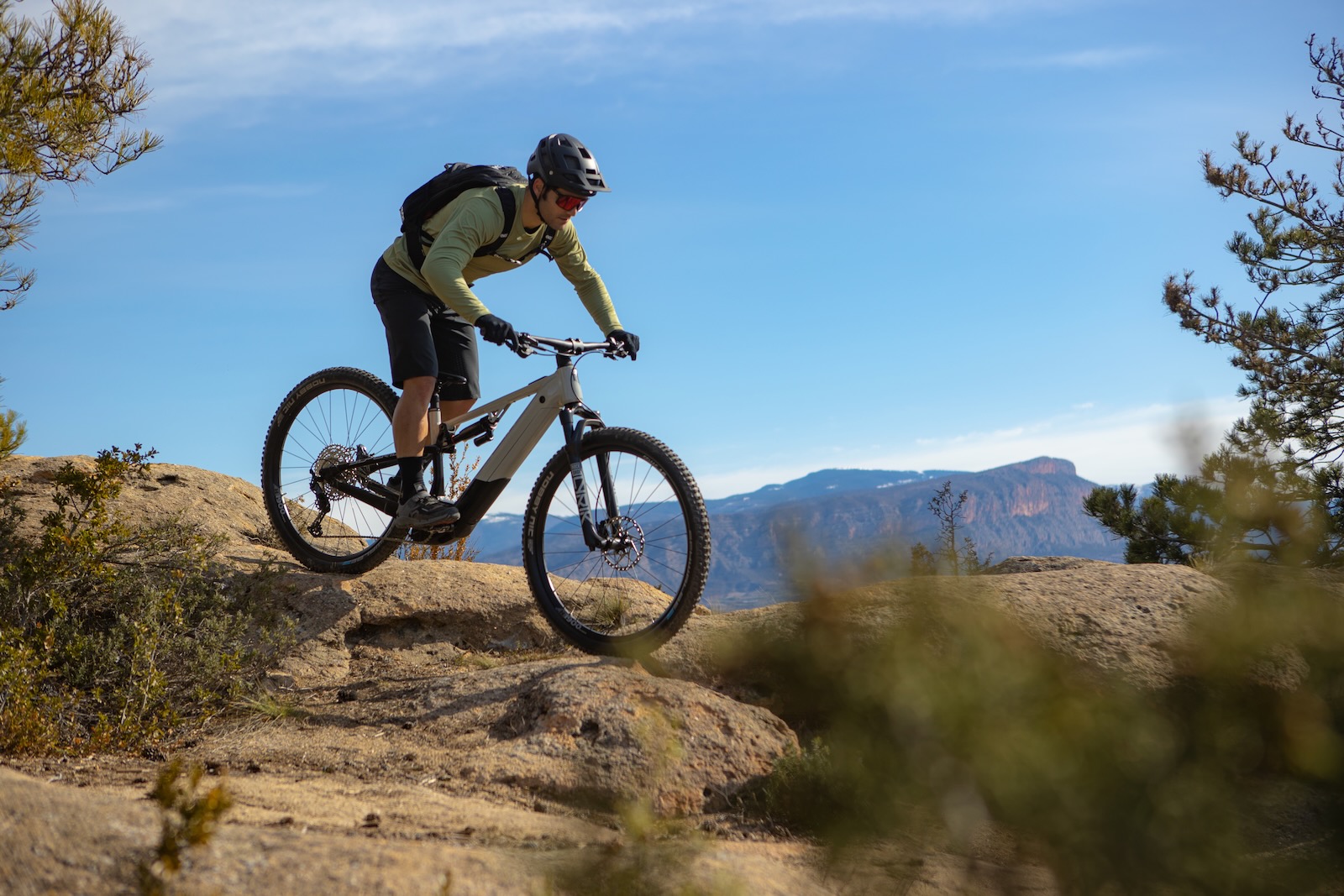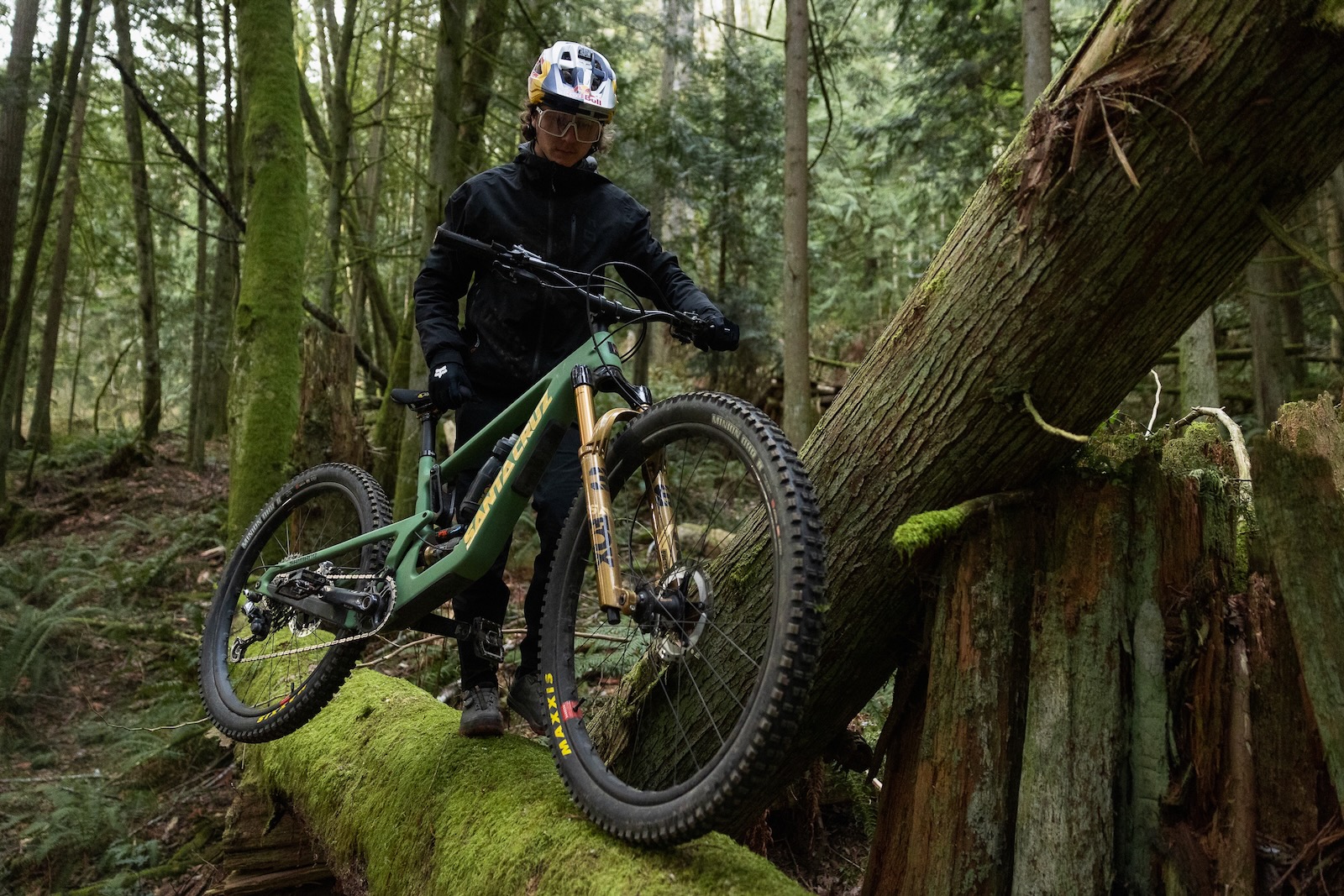Adventure and tourism brands call for end to native logging in Tasmania
Over 180 businesses have sent an open letter to Tasmanian parliament, calling for an end to native forest logging.
Earlier this year we brought the issue of planned native logging around the Blue Derby trails to your attention. There was a lot of outcry about the destruction of trails, but do remember that not one mountain bike trail will be destroyed. What will be impacted is the forests and the ecology of the region. You should also read the piece by Colin Levitch at Flow Mountain Bike, specifically for a greater understanding of what native forestry and monoculture plantations mean in terms of biodiversity and fire risk.
Got something to get off your chest about this? Get in touch: AMB@nextmedia.com.au
Today an Open Letter to the Tasmanian Premier Peter Gutwein, The Hon S. Courtney (Minister for Tourism), and the Hon. R. Jaencsh (Minister for Climate Change) was tabled to Parliament calling for the protection of Tasmania’s native forests to safeguard Tasmania's nature-based tourism sector and Brand Tasmania, as part of Blue Derby Wild's action on climate change and biodiversity loss.
The Western Australian government has made a move to ban native forestry.
The letter has more than 180 signatories including Patagonia, Paddy Pallin, Tas Gravity Enduro Mountain Bike competition, Spring Bay Mill, Derby mountain bike businesses, and Derwent Valley Tasmania Tourism (representing over 100 businesses). They have all put their brands behind the need for urgent action to stop the logging of Tasmania’s native forests. The immediate focus is on the logging planned in the two Krushka’s forests around the iconic Blue Derby MTB trail network, which has drawn international accolades and lead to Derby's title of the world's first mountain bike town.
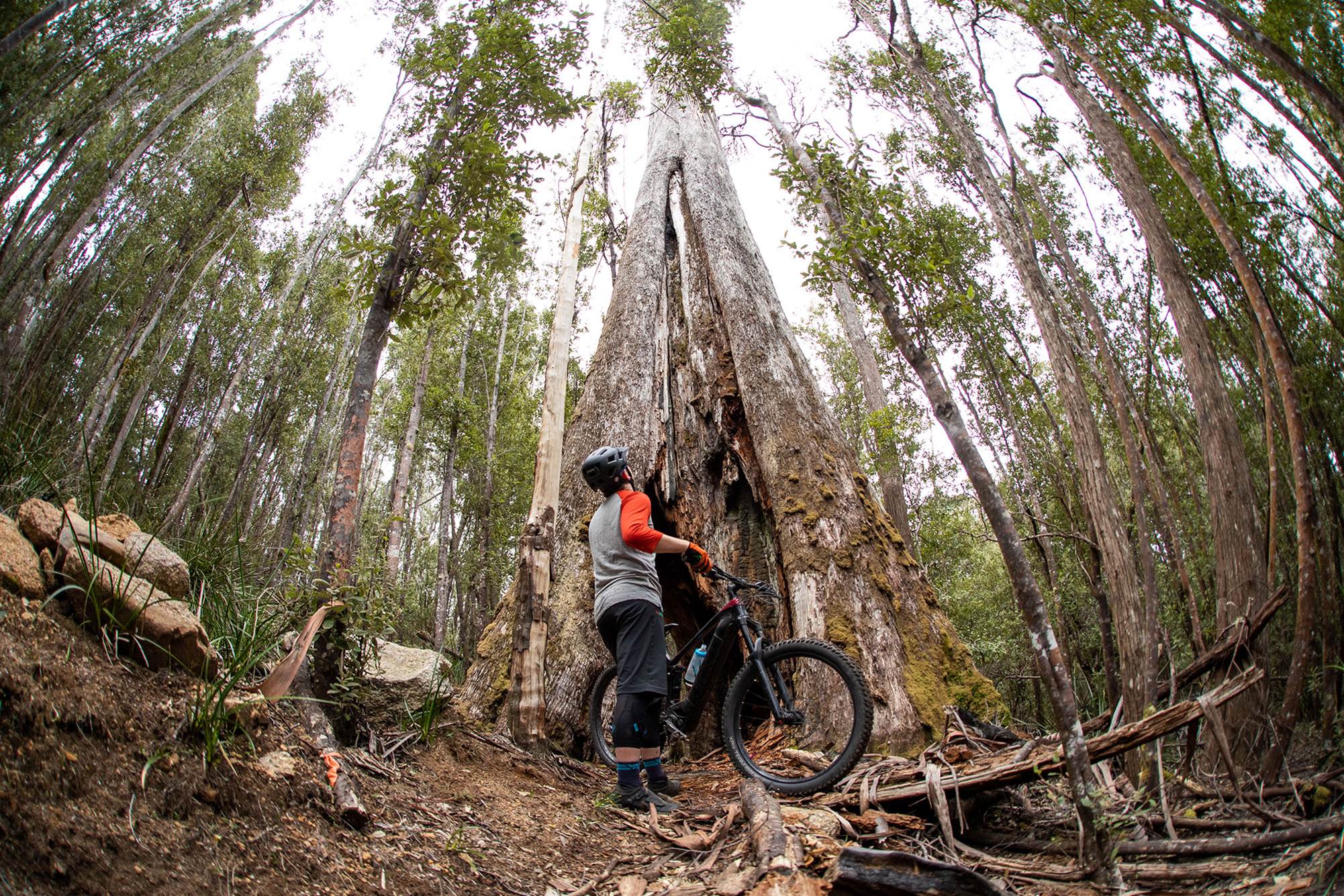
Blue Derby Wild coordinator Louise Morris said, ‘’We’ve been overwhelmed with support from businesses and outdoors adventurers who understand the importance of protecting Tasmania’s native forests for the critical role they play in tackling climate change and biodiversity loss. We’re seeing with the COP26 meeting taking place in Glasgow right now, that the world is demanding action on climate change. Tasmania can achieve true zero emissions by protecting our native forests which is an attainable and a practical part of that picture. Immediate action needs to involve protecting the Blue Tier glacial refugia forests and removing the three Blue Derby Gondwana native forests of Krushka’s (CC105A and CC119A) and Atlas (CC120B) from logging and burning plans.”
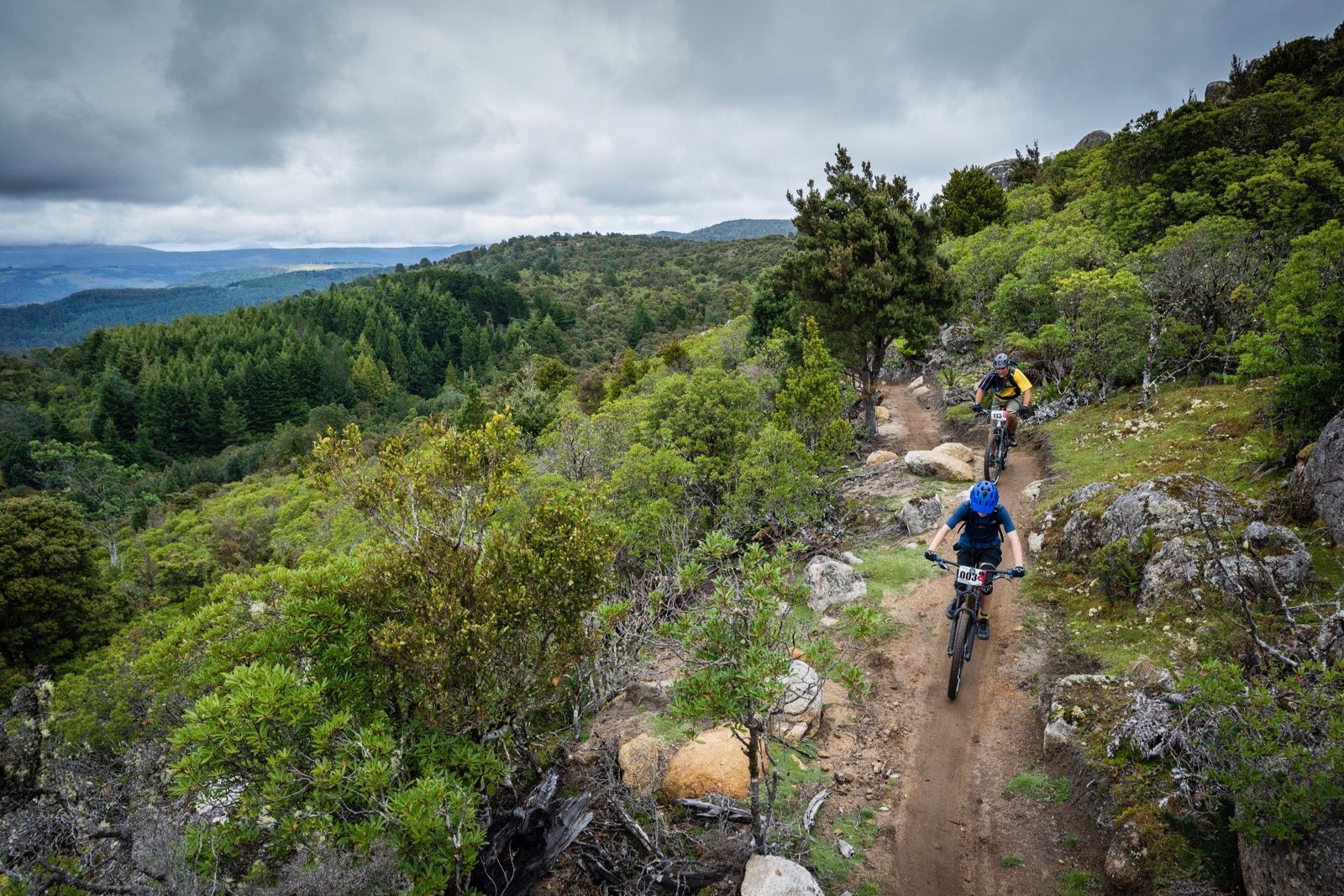
‘’There's no doubt Tasmanian's accessible wilderness areas and our nature-based attractions are our state's biggest tourism drawcard (TRA 2014). As operators we've witnessed first-hand how extremely vulnerable the Tasmanian tourism industry is to the current challenges of the pandemic and the impacts of the intense 2016, 2019 bushfires that swept through Tasmania burning over 100,000 hectares of World Wilderness Heritage Area combined. Protecting our native forests will protect the Tasmanian brand, retain carbon, stop carbon emissions from logging and burning and protect biodiversity in the region. This will also be a practical step towards meeting our ambitious tourism target; to establish Tasmania as a global leader in responsible and sustainable tourism and to become a carbon-neutral destination. If we’re going to reach this goal, we need to take action today,’’ said Fiona Weaver, Tassie Bound Adventure Tours.
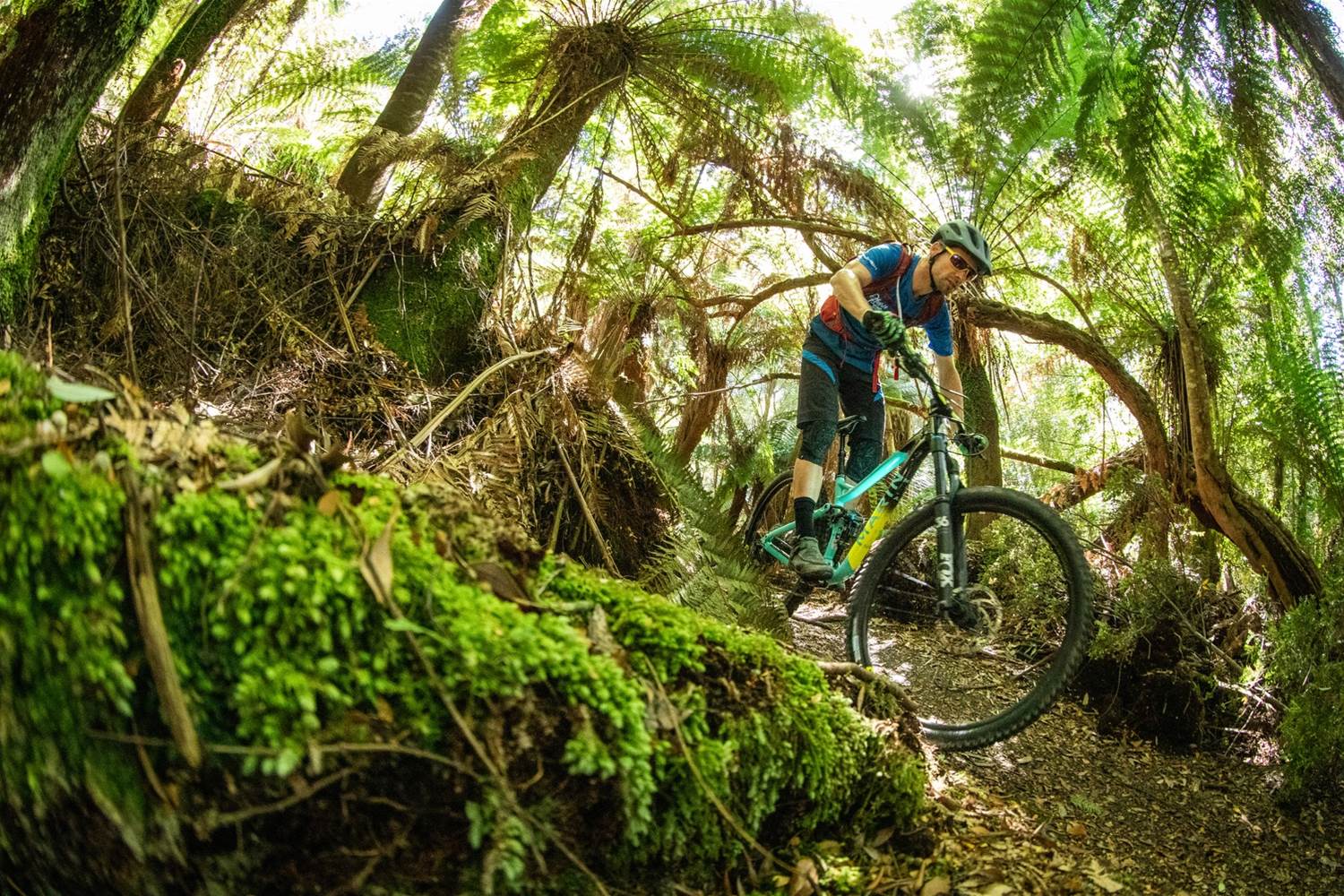
“To think logging of native forests goes unnoticed by visitors to Tasmania and that this outdated practice doesn’t damage our growing brand is something the current government needs to have a good hard look at. Once a brand is damaged it can be hard to repair. Not to mention that preserving these forests will have huge benefits for endangered wildlife habitat, carbon storage and providing clean air and water that benefit us all. I believe Tasmania is nearing a time where we transition from destructive industries and become a leader in sustainability. Ending logging in high conservation forests is a no-brainer, I hope the Gutwein government has the foresight to show real leadership on this matter,” said Kenna Reid-Clark, Vice-president of the Tasmanian Wilderness Guides Association.
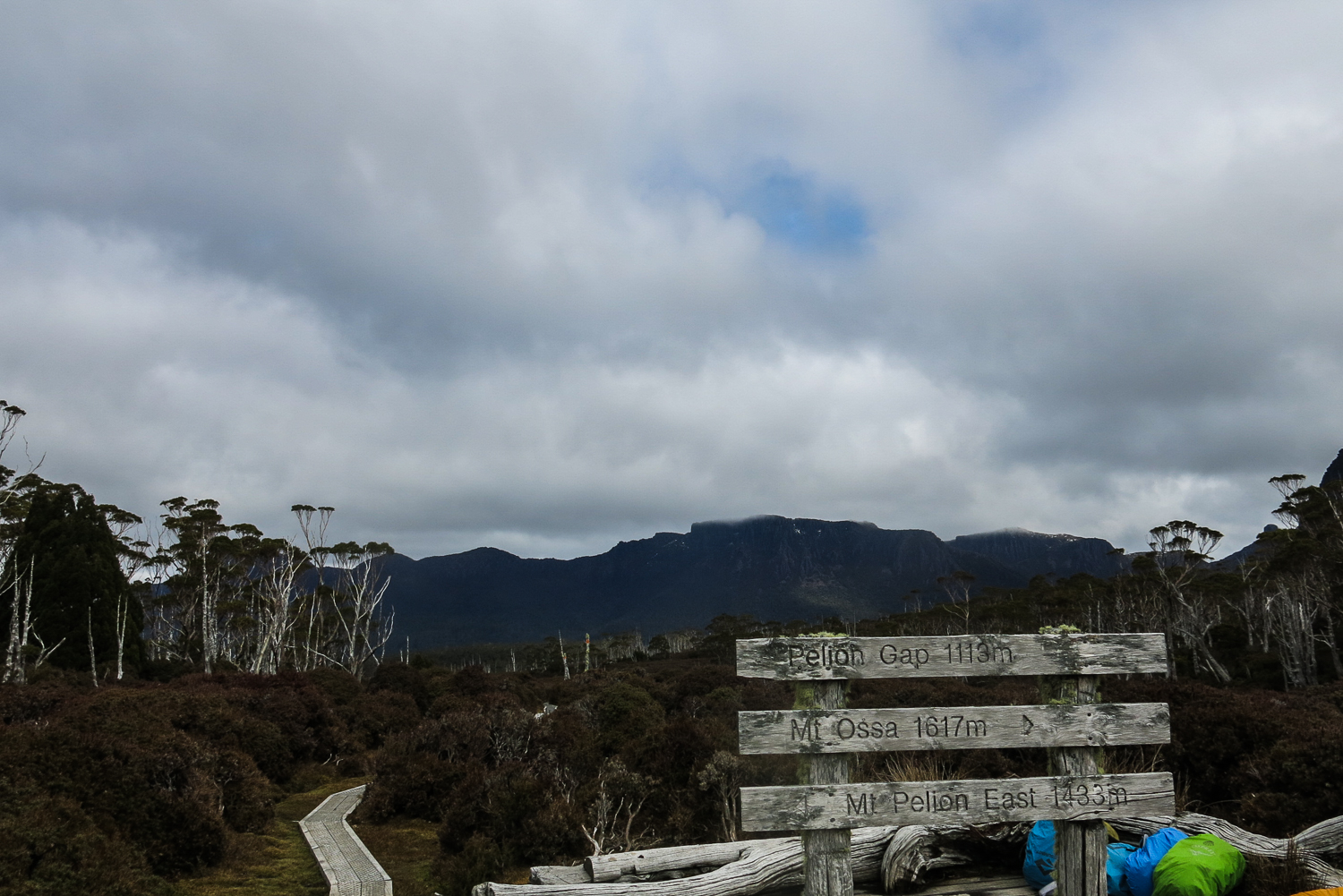
With many border closures, the Tasmanian tourism and events sector has been hit hard over the last two years, with major global events cancelled, and that's just in the mountain bike space.
"We have huge potential to value the pristine and wild Tassie brand to delight customers coming into the state. Protecting and celebrating our natural values alongside the tourism attractions is crucial to make sure we put our money where our mouth is. Customers and visitors will be savvy to the environmental impact of our industries and are expecting us to value protected environments and ecosystems. We call on the state government to work smartly to consider the huge blossoming potential these special places hold for the rebound of the tourism sector and the long-term sustainability of our clean green state,” said Joe Pickett, General Manager, Spring Bay Mill
‘Protecting the carbon dense forests of the iconic Blue Derby MTB tourism destination area has the immediate impact of stopping the carbon emissions associated with logging and burning native forests, protecting local biodiversity and our forests will help safeguard the Blue Derby brand which is the jewel in the crown of Tasmania’s MTB industry.’’ Julia Seymour, Owner Pinned Property Management, Derby.
“The current destruction of Tasmania’s unique carbon rich forests needs to end. Tasmanian eBike Adventures stands proudly with other aligned tourism businesses, environmental campaigners and adventure brands to call on our government to intervene and halt the proposed logging of the Blue Tier forests, and globally iconic Krushka’s Blue Derby Mountain Bike Trails. Even on this little island at the bottom of the earth we cannot ignore the urgent, environmental, social and economic impacts of climate change. The perception of Tasmania as a haven of wilderness and beauty is symbolized and embodied in our wild forests. It is time to work together as a community to protect what these forests represent in the fight against global climate change and biodiversity loss. If we genuinely have a vision for Tasmania as a world leading environmental tourism destination, we must protect our authenticity as a destination by caring for the special environmental and social values that underpin our brand,” Ben Rea, Owner Tasmanian eBike Adventures.
Here at AMB, we support an end to native logging, and we support what Blue Derby Wild are working to achieve. If you want to show your support, head to their website.


